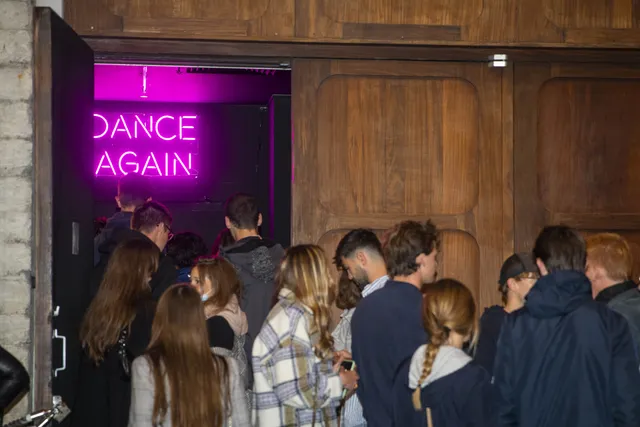As most young people know, going on a night out isn't cheap. To avoid paying high prices on drinks at venues, many opt to drink at home before going to events.
Yet this can often lead to over-drinking, resulting in disruptive or disorderly behaviour that poses a risk to the inebriated individuals as well as those around them.
The city of Balen, near Antwerp, wants to change that. Party-goers will now have the opportunity to take a breathalyser test before they enter events or nightclubs. If you are sober, the first three drinks are on the house, courtesy of the local municipality.
“Many young people drink too much before the party has even started,” said local Alderman Wim Wouters in a comment to local newspaper Gazet Van Antwerpen. The city wants to disincentivise the “pre-drinking” culture, which it believes encourages binge drinking and the “downing” of drinks to feel a buzz.
“Pre-drinking is associated, among other things, with increased risk of intoxication, binge drinking, drug use, physical complaints and making impulsive, dangerous decisions,” the alderman explained.
Tackling routine behaviour
According to the Balen municipality, research by the Flemish Expertise Centre for Alcohol and Illegal Drugs shows that around 80% of young people pre-drink before going out.
The free drinks tokens, dubbed “sobercoins”, are intended to provide an alternative to pre-drinking at home. People attending parties can now start drinking for free in the venue, instead of at home.
The scheme is part of the Balen government’s wider “Zat?Zeddezot!” (Drunk? Are you crazy?) programme.
Related News
- Famous Brussels nightlife figure accused of drugging and raping minors
- Police to step up social media checks on drivers who post their offences
The municipal council is developing a preventative alcohol policy in collaboration with the Balenese catering industry and youth associations. This includes a steering committee for tackling alcohol and drugs.
Previous initiatives started by the Balen municipal council included using coloured wristbands at events to help bartenders easily identify young people’s age. This made it clear who could be drinking and how much.
The sobercoins project will be trialled at a local nightclub event on 16 April. The municipality hopes to publish results from the trial soon and envisages organising follow-up projects at parties throughout the year.

